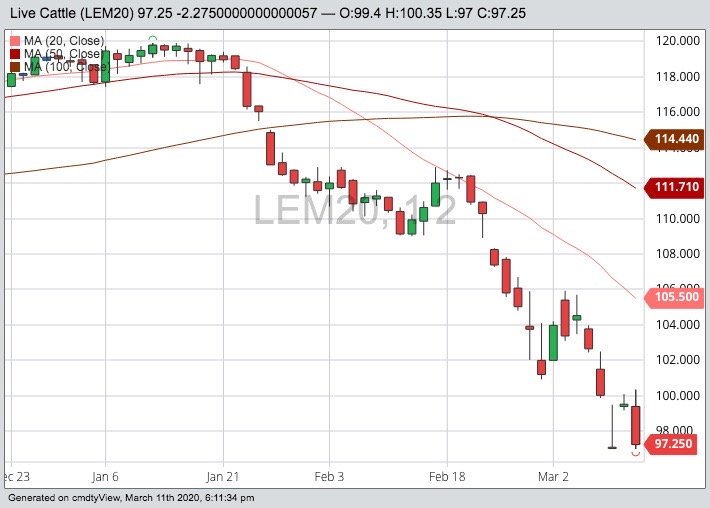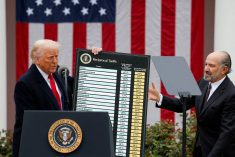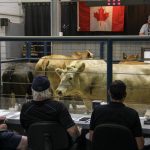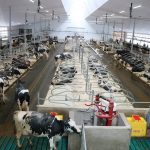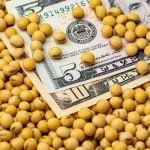Chicago | Reuters — U.S. live cattle futures fell on Wednesday, with several deferred months setting contract lows as fears of a global recession sent global equity markets tumbling and fueled uncertainty about consumer demand for beef, traders said.
“The cattle market really follows what is going on with equities, and equities are down near weekly lows,” said Brian Hoops, president of Midwest Market Solutions.
Chicago Mercantile Exchange April live cattle settled down 2.375 cents at 103.075 cents/lb. and most-active June cattle fell 2.275 cents to 97.25 cents/lb. after hitting a contract low at 97 cents (all figures US$).
Read Also
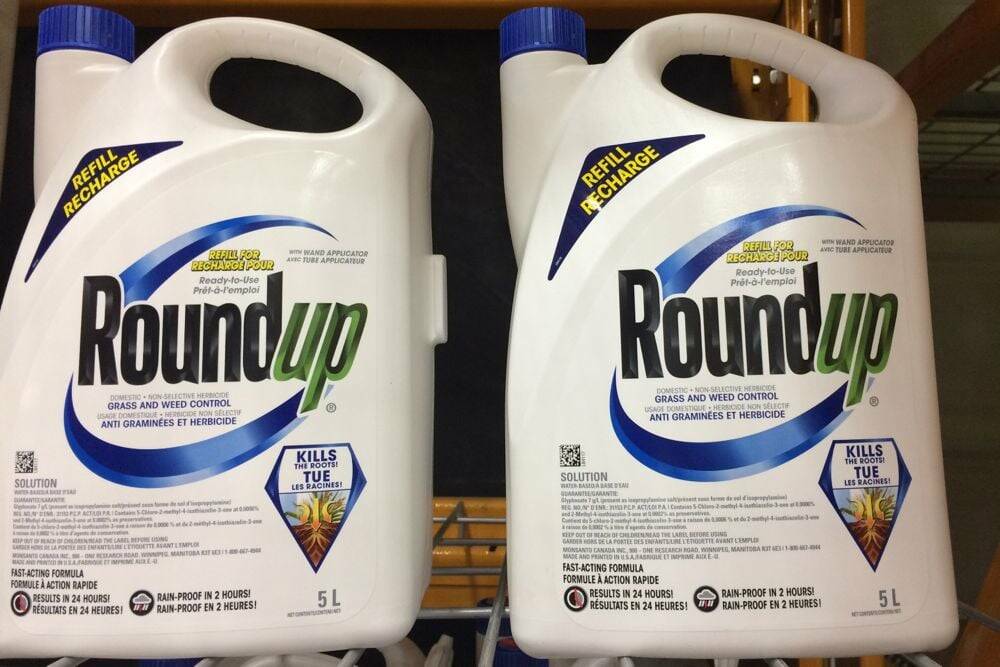
Bayer’s proposed Roundup settlement faces first signs of pushback in court
Law firms representing nearly 20,000 people who sued Bayer over alleged injuries from its Roundup weedkiller urged a Missouri judge to delay reviewing the German company’s proposed US$7.25 billion nationwide settlement, arguing that rushing would violate the rights of cancer patients and their families.
The April contract briefly drew support from news that cash cattle traded in Kansas and Texas at $110 per hundredweight. That price was down $3 from the bulk of last week’s cash trade but higher than the equivalent April futures price.
“The futures are going to rally to meet where the cash is. (But) I think it will probably take the stock market stabilizing before that happens,” Hoops said.
CME April feeder cattle settled down 4.425 cents, at 123.525 cents/lb.
The dollar weakened and the Dow Jones industrials entered bear market territory on Wednesday on mounting worries about the global economy after world health officials declared a coronavirus pandemic.
Bearish sentiment on Wall Street also spilled into CME lean hog futures. The benchmark April lean hogs contract settled down 1.125 cents at 63.875 cents/lb.
However, firm cash hog markets underpinned futures. Cash hog prices in the closely watched Iowa and southern Minnesota market rose by $1.33 on Wednesday, according to the U.S. Department of Agriculture.
“Packers in pork are just as greedy as the beef packer, and they’ve been holding steady through all of this coronavirus mess, and now starting to pay up. So there has got to be some really big demand behind it,” said Dennis Smith, commodity broker for Archer Financial Services in Chicago.
Traders awaited Thursday’s weekly USDA export sales report, which will detail sales of shipments of U.S. beef and pork in the week ended March 5.
— Julie Ingwersen is a Reuters commodities correspondent in Chicago.


